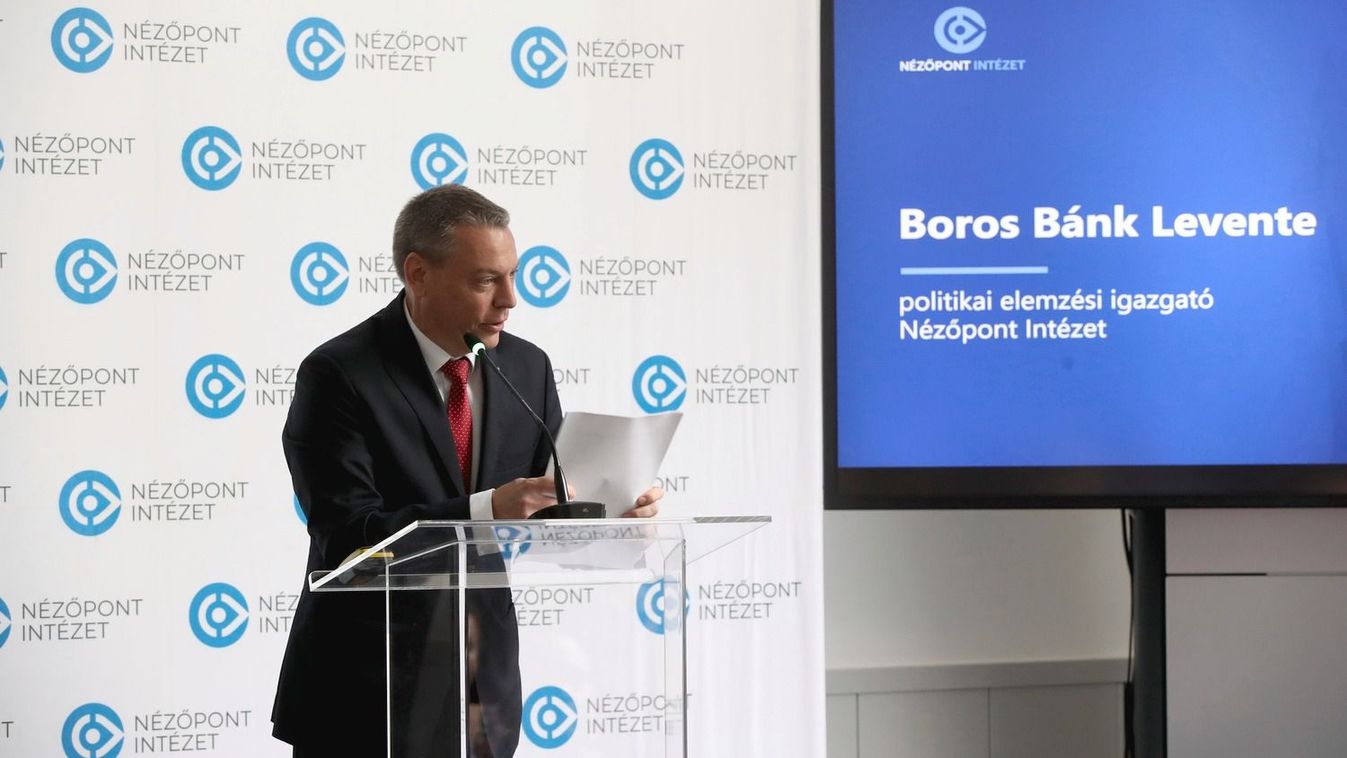Hungarian press products should be obliged to declare their acceptance of foreign funding, said Bánk Levente Boros, director of Policy Analysis at the Nézőpont Institute in Hungary at a Freedom of the Press event organized by the institute.
The director explained that 85 percent of Hungarians are news consumers, and slightly more follow opposition press outlets than those that are said to be close to the government. There are currently 61 relevant opposition media outlets on the market, compared to 32 in 2010. Most of them are profitable, with opposition media making a profit of HUF 4 billion (€10.1 million) last year, he said.
According to estimates by the Nézőpont Institute, at least HUF 1 billion (€2.52 million) of funding comes from foreign countries every year, and Hungarian citizens have the right to know who is funding various press products, why and by how much.
He said he believes it is worth examining who is trying to influence the Hungarian press and public opinion from abroad.
As an example, he said that Oraculum 2020 Ltd., the publisher of the left-wing scandal website Ezalényeg, received roughly HUF 2 billion in funding from abroad. The Partizan YouTube channel received HUF 572 million (€1.44 million) in foreign funding, but it is not known from whom and for what purpose it was used, and the publisher of 444.hu received HUF 150 million (€180,000) from foreign sources in 2023. However, many left-wing press products did not even report on these foreign sources of funding, the director said.
Bánk Levente Boros pointed out that some foreign governments support Hungarian media companies. The United States was a major financier, allocating a total of HUF 115 million (€270,000) of funds to Hungarian opposition media. The U.S. Department of State also provided $740,000 (€690,000) in funding, and Szabadeuropa.hu was maintained with $1.5 million (€933,000).
Tamás Lánczi, president of the Office for the Protection of Sovereignty (SZH), said that in a large international news market, foreign actors actively influence the image of Hungary. In order to detect hidden interests, NGOs and political actors who shape Hungarian public opinion in the public eye need to be monitored.






